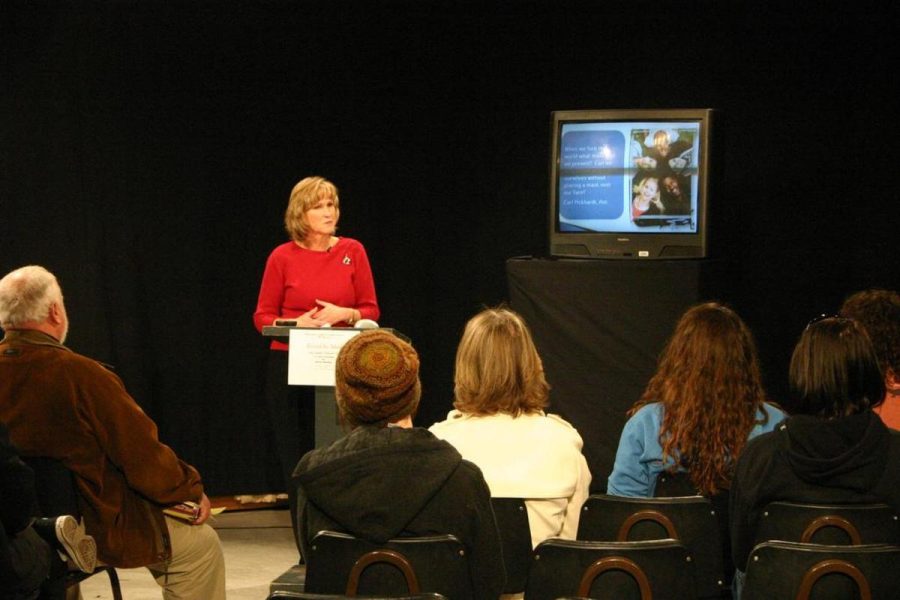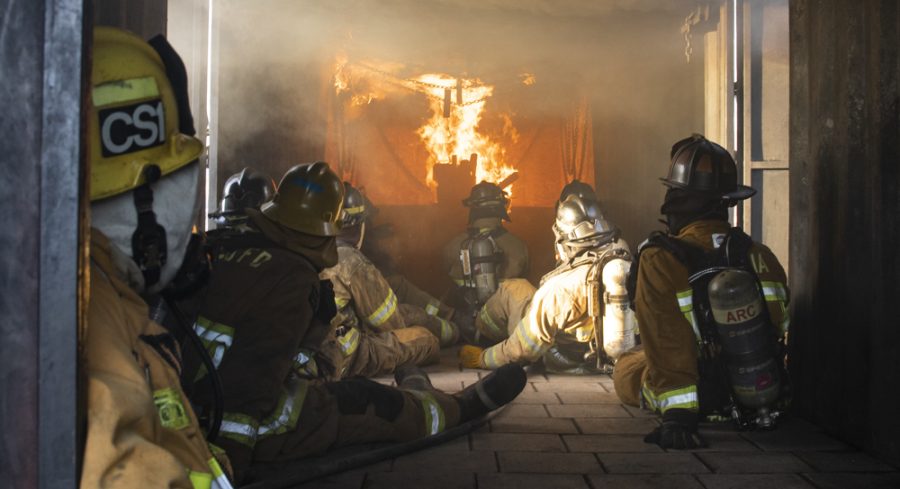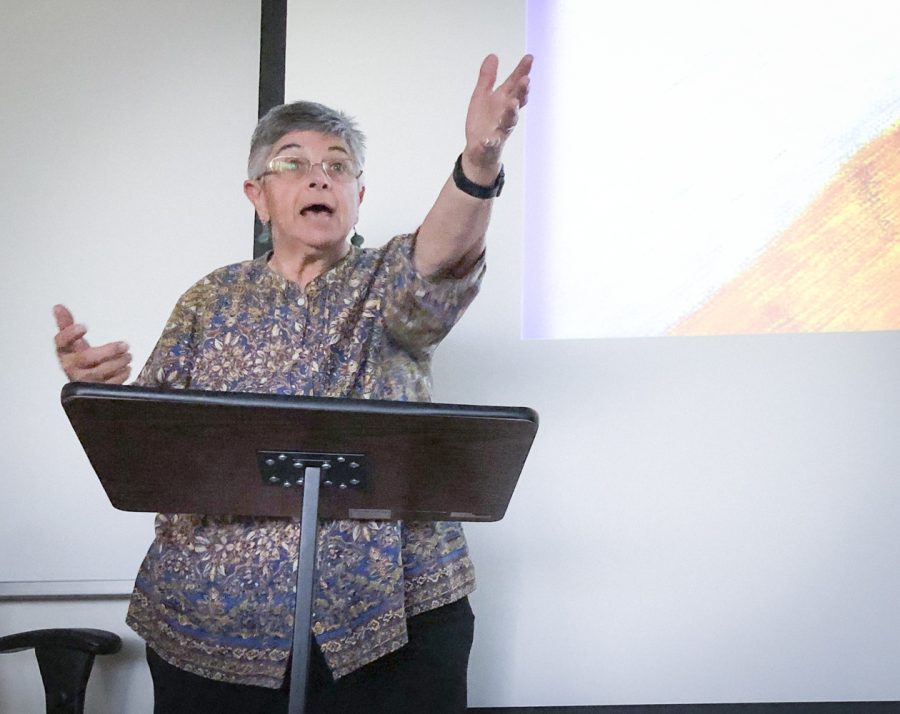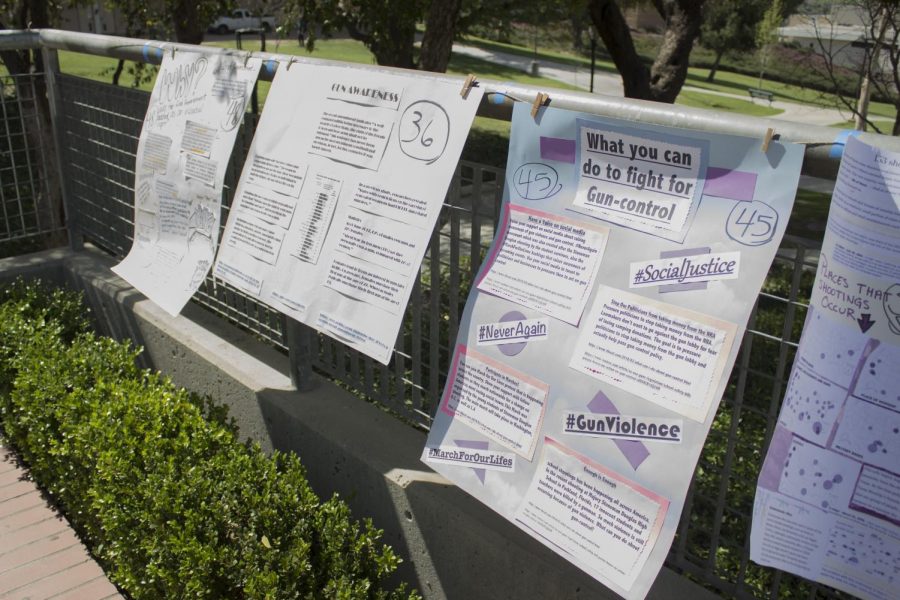A mask can be used to hide one’s face or for protection, but what most people forget is that a mask can also be used to hide true emotions and feelings as well. Understanding what is behind the mask is the key to helping one another with the pressures of life.
As part of the Year of Service lecture series, Health Services Coordinator Sharon Manakas presented the results of a health survey in a lecture entitled “Behind the Mask” on Feb. 10. Manakas not only questioned what is really behind the mask but also encouraged students to take an “active role in understanding the needs of your peers, your college, and your community as a whole.”
“An important component here at Moorpark College is helping others to get involved,” said Manakas. “Help them feel like they belong here and to give back [to the community].”
During the 2006-2007 academic years, 580 Moorpark students were surveyed by the National College Health Assessment in order to take a look at the health of college students and to make sure that the programs offered were meeting the students’ needs.
Manakas, a 17-year administrator of college health, was appointed Distinguished Faculty Chair this year and intends to share the deeper role that health services have with students at Moorpark College.
For example, 32 percent of students surveyed in spring 2007 were diagnosed with depression and, as a result, psychological counseling hours were increased to meet the students’ needs.
Results from the survey were split into different categories: academic impacts, depression, depression diagnosis, alcohol use, health insurance and volunteer and work hours.
Manakas also profiled different types of students who have gone to the Health Center searching for help, ranging from depressed students and sexually active students to homeless students and even some war veterans.
With the diverse amount of students on campus, the lecture helped remind 19-year-old English major Morgan Siggard to look deeper into her peers and push judgments aside.
“[The lecture] reminded me to not judge people from surface value,” said Siggard. “Everyone has problems in their life that you don’t know about. Involve everyone, try to get to know them, and not judge them.”
Manakas used her own experiences as an example of discovering what lies behind the mask by sharing a video of her first skydiving trip. With the risky act, she contrasted her personality and showed that behind the mask is where understanding can truly be obtained.
“Take a closer look at the changes in the mask,” said Manakas. “For if it is not paid attention to, you will miss a glimpse of the person inside.”
In the next couple of weeks, the National College Health Assessment will again be conducted for updated statistics on the health of present students.
For more information on the Health Center and survey, call (805) 378-1413. The Health Center is located in the Administration Building, Room 111.






